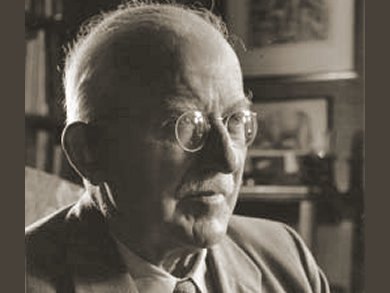Hermann Staudinger (23 March 1881 – 8 September 1965) was a German chemist who demonstrated the existence of macromolecules for which he was awarded the Nobel Prize in Chemistry in 1953.
His idea that rubber and other polymeric substances are made up of small repeating units, in a time when molecular structure and bonding theory were not well understood, led to the field of polymer chemistry. While polymers were known at the time, they were considered to consist of colloidal systems or aggregates of smaller molecules. Staudinger proved that they exist as chain molecules within the context of Kekulé valence theory. In 1943, Staudinger started the journal, Die Makromoleculare Chemie (now Macromolecular Chemistry and Physics), the first journal dedicated to polymer science.
Staudinger is also known for the Staudinger reaction, which forms phosphazides from azides and triphenylphosphine, and the Staudinger synthesis, which produces β-lactams via a [2+2] cycloaddition of an imine and a ketene. This cycloaddition was used as a key step in the first synthesis of penicillin.
Staudinger was born in Worms, Germany. He received his PhD from the University of Halle, Germany, before moving to the University of Strasbourg, France, where he did most of his work on ketenes. In 1912, Staudinger moved to the Swiss Federal Institute of Technology where most of his work on polymers was performed. He was appointed to a chair at Albert Ludwigs University in Freiburg, Germany, where he remained until his death.
- Hermann Staudinger and the Future of Polymer Research Jubilees—Beloved Occasions for Cultural Piety
H. Ringsdorf,
Angew. Chem. Int. Ed. 2004, 43(9), 1064–1076.
DOI: 10.1002/anie.200330071



Just one correction: When Staudinger was professor in Straßburg, Straßburg was located in Germany and the University of Straßburg was a German University. Moreover, the opposition of Staudinger against the chemical warfare, opposing especially Fritz Haber during World War I, would be most interesting for the reader.